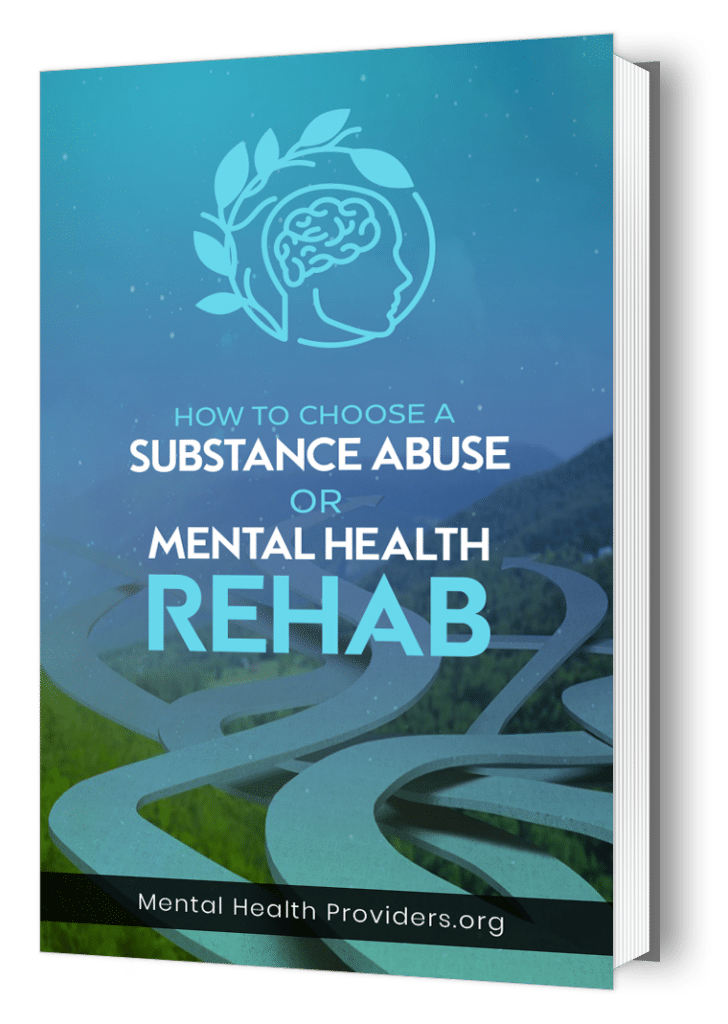
Outpatient
- Last Updated: May 1, 2023
An Outpatient Rehab program is a structured treatment program that provides therapy, counseling, and support for individuals with health conditions or disorders while allowing them to live at home or in a community setting. In an Outpatient Program, patients actively participate in therapy sessions and receive care without needing to be admitted to a hospital or reside in a residential facility. Access our free, user-friendly directory to find an Outpatient Rehab Program near your zip code.
Outpatient Rehab programs are designed to offer flexible treatment options for individuals who do not require 24-hour supervision or medical care. They can be used for various health conditions, including mental health, substance abuse, and physical health issues. Outpatient programs may involve individual counseling, group therapy, medication management, education, and other therapies tailored to the needs of the individual. Patients typically attend scheduled appointments and sessions at the program while maintaining their daily activities and responsibilities outside the treatment setting. It’s essential to consult a qualified healthcare professional to determine if an outpatient program is appropriate for a specific health condition or disorder.
An Outpatient Rehab center can be a valuable option for individuals who require structured Treatment and support for their health condition or disorder but do not require 24-hour supervision or medical care in a hospital or residential setting. Outpatient centers may be suitable for those with mild to moderate symptoms, who are stable in their health condition, have support systems at home or in the community, and can maintain their daily activities and responsibilities while attending scheduled appointments and sessions at the Outpatient center. This can include individuals with mental health conditions, substance abuse issues, and other health conditions that can be managed with Outpatient care. However, consulting a qualified healthcare professional is vital to determine the most appropriate treatment options based on individual needs and conditions.
Your Recovery Starts Today!
Call for Immediate Assistance1-888-546-6005
Outpatient vs. Inpatient Rehab
Outpatient Rehab is a treatment program that allows individuals to live at home or in the community while attending scheduled therapy sessions, whereas Inpatient Rehab requires individuals to stay at a residential facility for round-the-clock care and supervision. In Outpatient Rehab programs, patients do not require 24-hour supervision. They can maintain their daily activities, whereas Inpatient Rehab involves a residential stay with constant monitoring and care provided in a hospital or residential setting.
Benefits of Outpatient Rehab
- Flexibility: Patients can live at home or in the community and attend therapy sessions on a scheduled basis, allowing them to maintain their daily activities and responsibilities.
- Lower cost: Outpatient Rehab programs generally costs less than Inpatient Rehab due to not requiring 24-hour supervision or residential stay.
- Supportive environment: Patients can receive therapy and support in their environment, which may help with the real-world application of skills learned in Treatment.
- Increased autonomy: Patients can practice coping skills and apply treatment strategies daily while attending Outpatient therapy.
- Transition to normalcy: Outpatient Rehab can help individuals gradually transition back to their regular routines and responsibilities after completing a higher level of care, such as inpatient rehab.
- Access to support systems: Patients can maintain connections with their support systems at home or in the community, which can be an important source of motivation and encouragement during recovery.
Note: Consult a qualified healthcare professional to determine the most appropriate treatment option based on individual needs and conditions.
Process of Outpatient Rehab
- Initial assessment: Patients undergo an initial assessment to determine their treatment needs, including a comprehensive evaluation of their health condition, medical history, and substance use (if applicable).
- Treatment plan development: A personalized treatment plan is developed based on the assessment results, including individual counseling, group therapy, medication management, education, and other therapies tailored to the individual’s needs.
- Scheduled therapy sessions: Patients attend scheduled therapy sessions at the Outpatient Rehab Center, which may include individual, group, or family therapy, as well as other therapeutic modalities based on the treatment plan.
- Skill-building and education: Patients learn coping skills, relapse prevention strategies, and other tools to manage their condition and improve their overall well-being.
- Ongoing monitoring and support: Patients receive constant monitoring and support from the treatment team, including regular check-ins, progress evaluations, and adjustments to the treatment plan as needed.
- Transition planning: As patients progress in their recovery, the treatment team may assist with planning for transitioning back to normal daily activities, work, and other responsibilities.
- Aftercare support: After completing the outpatient rehab program, patients may receive ongoing aftercare support, such as alum programs, support groups, or continuing therapy to support their ongoing recovery.
Note: The specific process of Outpatient rehab may vary depending on the program and individual needs. Consult a qualified healthcare professional to understand a specific outpatient rehab program comprehensively.
Frequently Asked Questions About Outpatient
No, Outpatient Therapy and Outpatient Rehab are different. Outpatient therapy typically refers to ongoing counseling or psychotherapy sessions outside of a hospital or residential setting. It can be used for various mental health conditions. Outpatient Rehab, on the other hand, specifically refers to a structured treatment program for individuals with substance abuse issues, mental health conditions, or other health conditions that can be managed on an outpatient basis. Outpatient Rehab may involve various therapeutic modalities, including counseling or therapy, but it is typically more comprehensive and focused on addressing specific health conditions or disorders.
Yes. Our care center portal will give you access to the top Outpatient rehab centers near your zip code.
Outpatient drug-free Treatment refers to a substance abuse treatment program that does not involve using medications as part of the treatment plan. It typically includes counseling, therapy, and other supportive services provided on an Outpatient basis, where individuals can live at home or in the community while attending scheduled sessions at a treatment center. Outpatient drug-free Treatment may be suitable for individuals with mild to moderate substance abuse issues who do not require 24-hour supervision or medical care in a residential setting and prefer a non-medication approach to their recovery.
Outpatient psychiatric Treatment is a type of mental health treatment that is provided on an Outpatient basis, typically at a mental health clinic or psychiatric facility. It involves assessing, diagnosing, and treating mental health conditions, such as depression, anxiety, bipolar disorder, schizophrenia, and other psychiatric disorders. Outpatient psychiatric Treatment may include individual counseling, group therapy, medication management, psychoeducation, and other therapeutic interventions, depending on the individual’s specific needs and condition. It allows individuals to live at home or in the community while receiving mental health care without requiring a residential stay.
The duration of Outpatient Treatment can vary depending on several factors, including the type and severity of the condition being treated, the treatment goals, and the progress of the individual. Outpatient Treatment typically involves scheduled sessions that may be spread out over weeks or months, depending on the frequency and duration of the sessions.
Outpatient Treatment may generally range from a few weeks to several months or longer, depending on the individual’s needs and progress. Some individuals may require long-term outpatient treatment for chronic conditions or ongoing support. In contrast, others may complete a shorter course of Treatment for acute or less severe conditions. The duration of Outpatient Treatment is typically determined by the treatment team in consultation with the individual and may be adjusted as needed based on the individual’s progress and response to Treatment.
Related Articles

Download Free Guide
Read Mental Health Provider’s comprehensive guide about how to choose a rehab that’s right for you or a loved one. We cover everything from costs to what to expect while in treatment!


